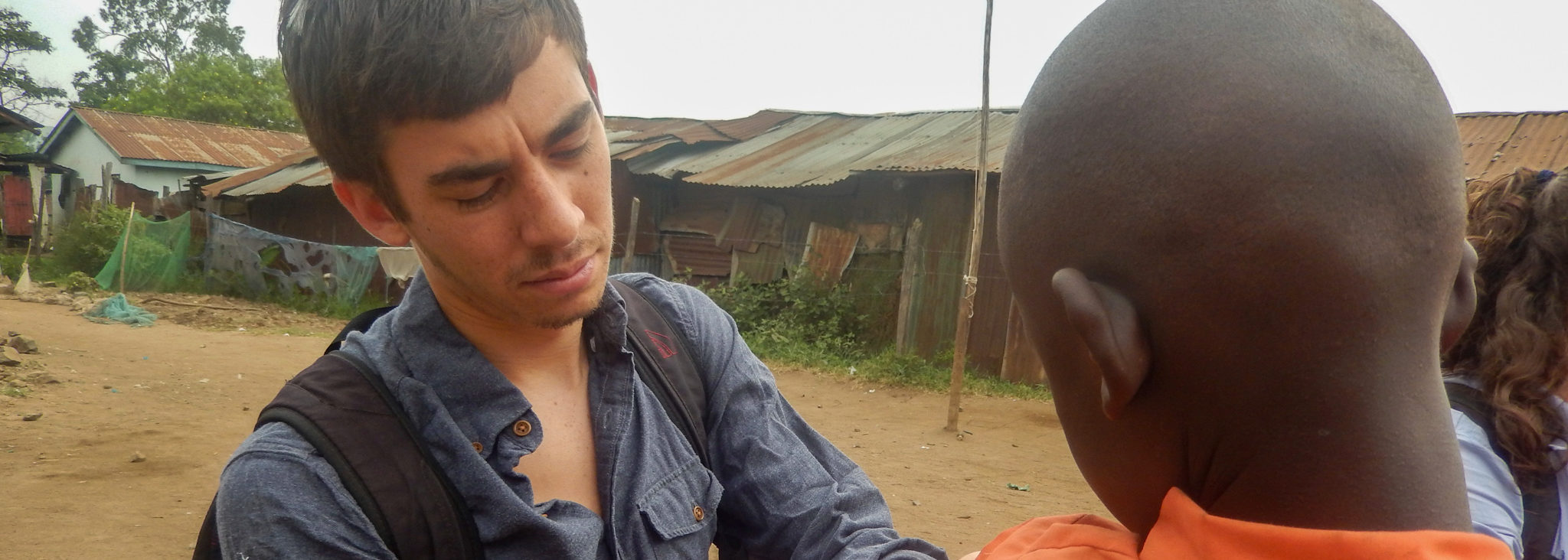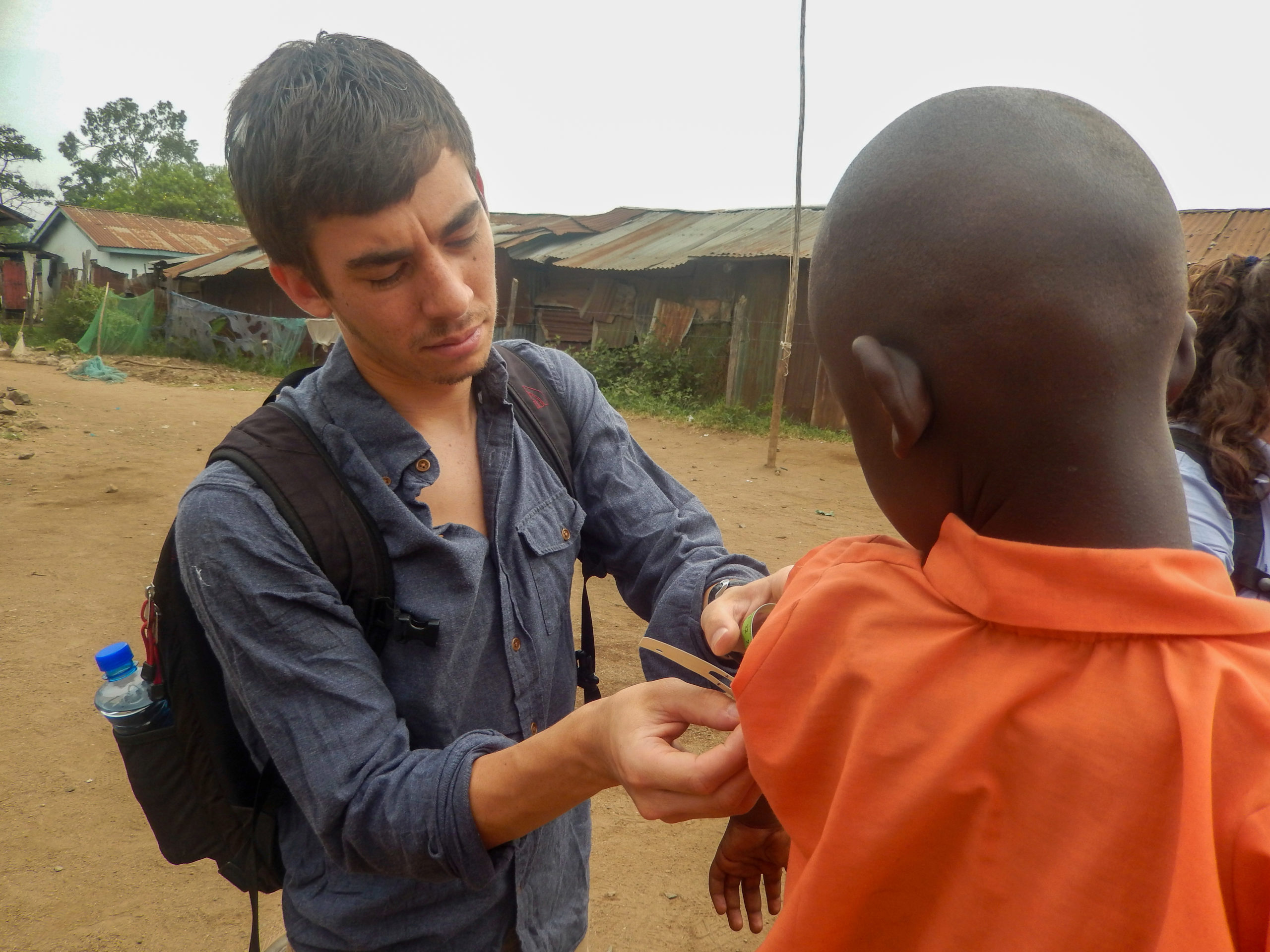Published: 09/26/2022
A course developed by the Stanford Center for Innovation in Global Health and Johns Hopkins Berman Institute of Bioethics has helped prepare more than 5,000 participants from the U.S. and beyond for ethical overseas global health training.
By Jamie Hansen, Communications Manager
A growing interest in global health among young medical professionals has the potential to expand the global health community and further health equity. However, without proper training and preparation, their participation in short-term overseas training programs can raise ethical dilemmas and put an unintended burden on the host countries.
An online ethics training program developed by the Stanford Center for Innovation in Global Health and the Johns Hopkins Berman Institute of Bioethics in 2011 is one of the few to address this growing need. A new publication in Annals of Global Health reviewed the program’s impact over the last decade. It found that the training was widely used and highly rated by participants, who reported feeling better prepared to address ethical issues they may face while overseas.
“I’m thrilled and encouraged to see how well-used this course has been and how useful participants find it to be,” said Michele Barry, MD, Director of the Stanford Center for Innovation in Global Health. She realized the need for an ethics training to prepare students for short-term experiences more than a decade ago, while participating in an international working group to develop best practice guidelines for global health training. She connected with another leader of this Working Group on Ethics Guidelines for Global Health Training (WEIGHT), Dr. Jeremy Sugarman of Johns Hopkins Berman Institute of Bioethics, to develop the online training.
I’m thrilled and encouraged to see how well-used this course has been and how useful participants find it to be.”
Dr. Michele Barry
Funded by the Doris Duke Charitable Foundation, the resulting course builds on the WEIGHT guidelines, using ten cases adapted from real-world experiences to help users identify and develop strategies for navigating ethical issues they may experience.
“The main purpose of the course, to plant that seed of awareness that ethical conflicts occur and are very much part of the experience, was achieved based on respondent feedback,” said Chelsea Modlin, MD, a clinical fellow at the Division of Infectious Diseases at Johns Hopkins University School of Medicine, Hecht-Levi Fellow at the Berman Institute of Bioethics, and lead author of the publication about the training. “It gives people a toolkit to have in their back pocket that can help turn a potentially negative experience into a learning experience.”
Modlin, a clinician by training, developed an interest in ethical conflicts of overseas rotations based on ethical challenges she witnessed during her own global health training. As an infectious disease fellow, she collaborated with the founders of the program to analyze survey data from more than 5,000 participants of the online ethics training.
Modlin noted that, in surveys, many countries that host global health programs and partnerships have indicated a desire that global health trainees come with greater cultural awareness and knowledge of the ethical challenges that can arise. “This kind of training can potentially offset some of these burdens on the host country,” she said.
It gives people a toolkit to have in their back pocket that can help turn a potentially negative experience into a learning experience.
Chelsea Modlin
Modlin herself took the course as a requirement for any overseas rotation during her residency at Emory University. While she didn’t go on that rotation due to COVID-19, she still found the training helpful and formative for her career.
“This was one of the few online global health ethics curricula out there and the only one using case-based learning, which is a familiar format for trainees,” she said.
Once launched, the course quickly took on a life of its own and has become a requirement for many overseas trainings. More than 50 percent of participants responding to the survey said it had been a required training. While it was developed for trainees from the US traveling to low-and-middle-income countries (LMICs), Modlin said the course has been used by people around the world.
Course organizers are now seeking funds to update the course with additional information and context to address the effects of colonialism and counter stereotypes in the field of global health, Barry said.
“We hope to broaden our case studies to ensure they continue to be as relevant as possible for our growing global audience,” Barry said.

